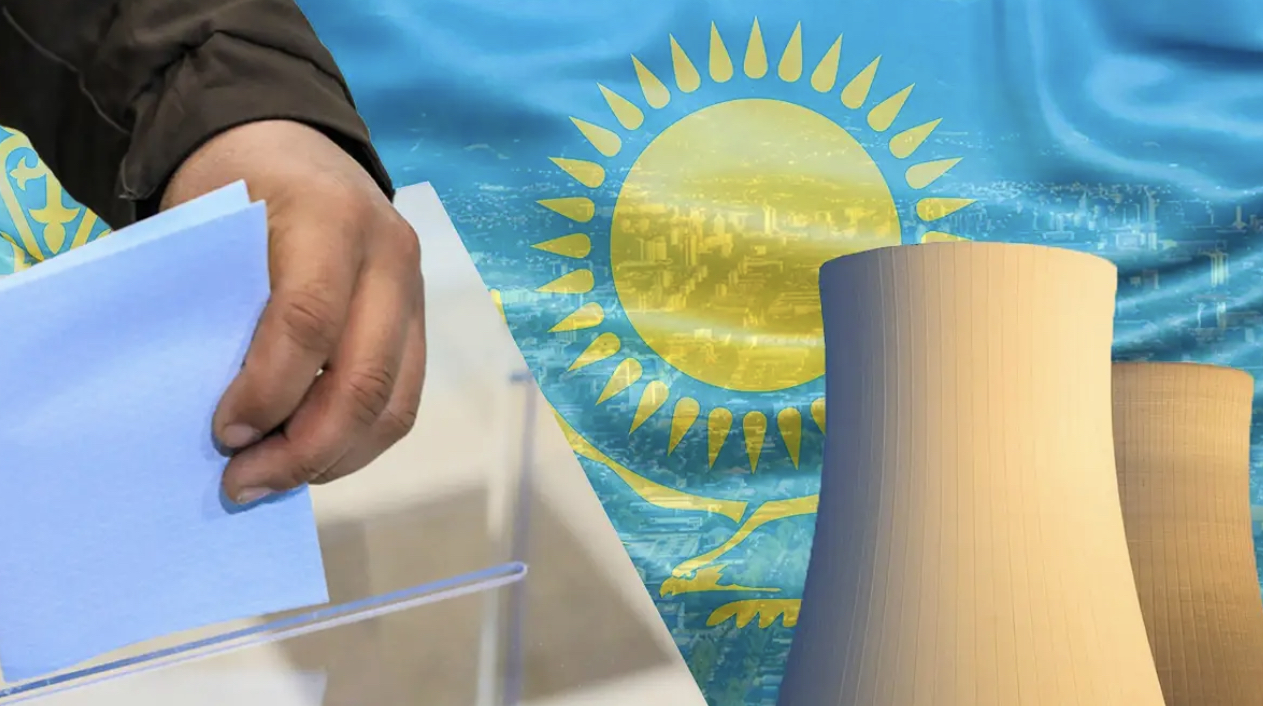ASTANA — According to a comprehensive survey conducted by the Kazakhstan Institute for Strategic Studies, more than half of surveyed Kazakh citizens are prepared to participate in the upcoming referendum on the construction of a nuclear power plant (NPP). Over 8,000 citizens participated in the survey, Kazinform reported on Sept. 20.

Photo credit: Kazinform
Among those surveyed, 59.2% expressed a positive inclination toward participating in the nationwide vote. Within this group, 41.6% confirmed their intention to participate in the referendum, while 17.6% expressed a willingness to visit polling stations. Some 19.8% of respondents remain undecided, with 17% unequivocally stating they will not participate.
Regarding perceptions of the NPP project, most respondents demonstrated favorable views, with 38% expressing outright support and 21.6% leaning towards a positive stance. Only 15.8% voiced opposition, with 9.1% withholding their decision.
The survey also highlighted key concerns among Kazakh citizens regarding the potential NPP, with 49.5% primarily worried about its impact on public health. Environmental consequences followed closely, noted by 42.9% of respondents, while 22.8% expressed concerns over emergency preparedness measures. Issues surrounding radioactive waste disposal (18.6%) and regional economic benefits (15.3%) were of lesser concern.
Earlier initiatives by the People’s Headquarters for the Construction of the NPP, led by Senate Speaker Maulen Ashimbayev and comprising deputies, experts, and public figures, aimed to foster community engagement. Meetings held in Almaty with scientists, university professors, and representatives of the Assembly of the People of Kazakhstan underscored efforts to encourage public participation in the upcoming referendum.
President Kassym-Jomart Tokayev’s Sept.2 decree formally scheduled the referendum for Oct. 6, marking a pivotal moment in the national discourse on energy policy. In preparation, the Central Election Commission has announced accommodations, including 2,359 Braille ballots, ensuring accessibility for visually impaired voters.
